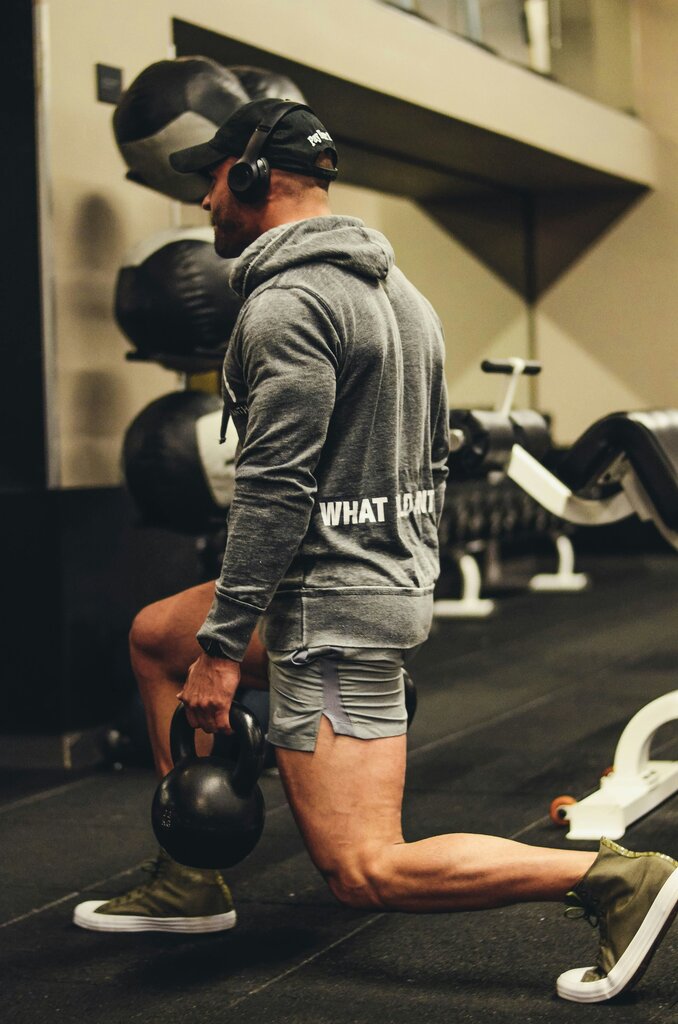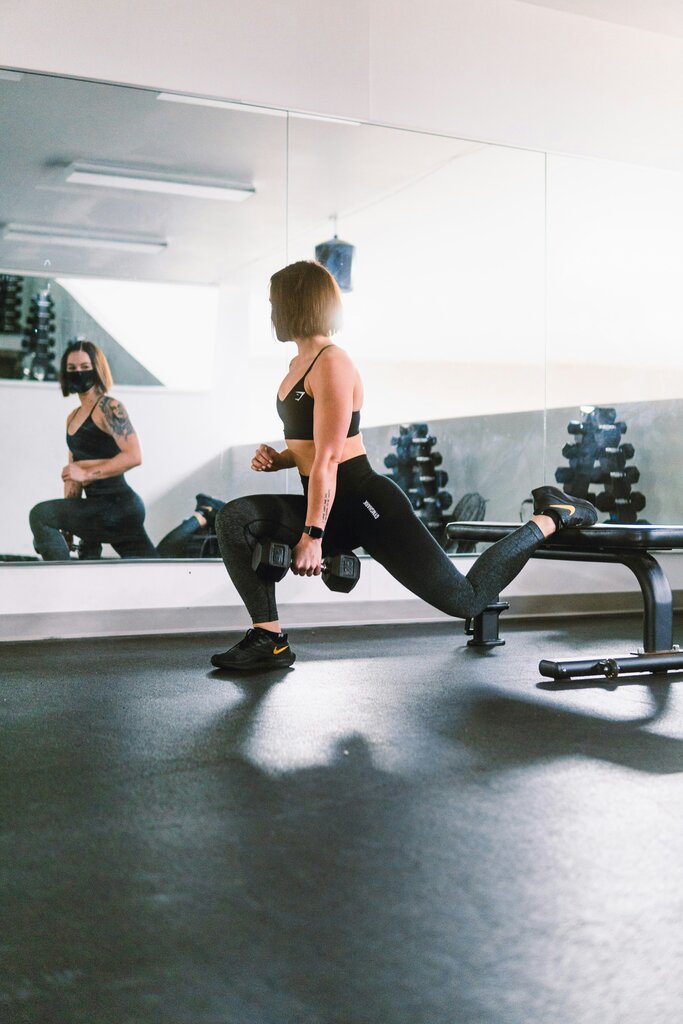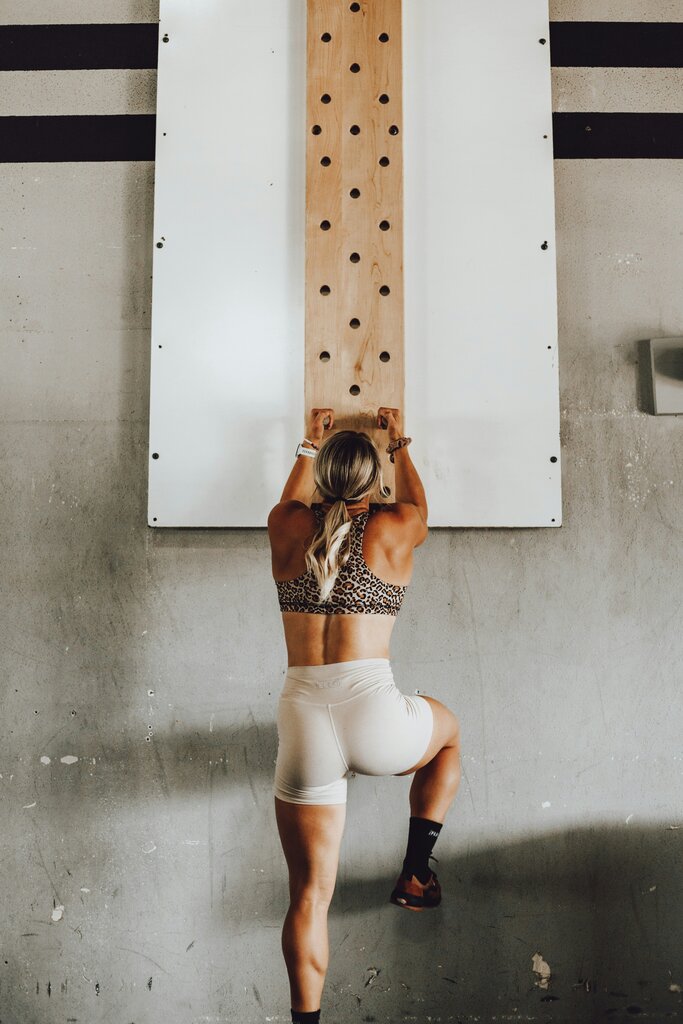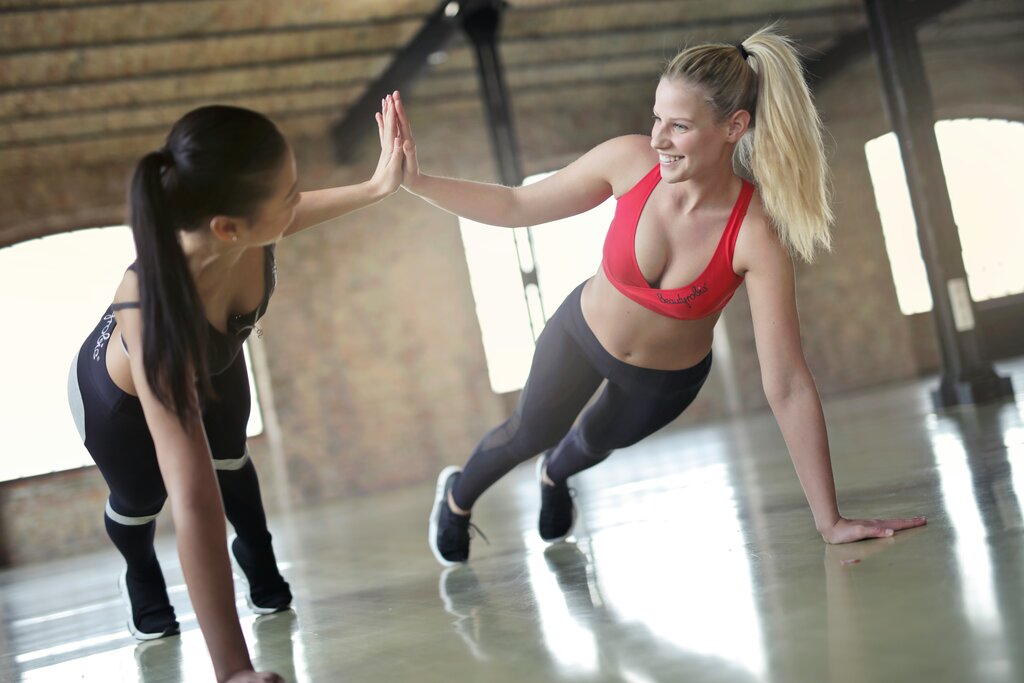Diet Management in Fitness: How to Eat for Muscle Gain and Fat Loss
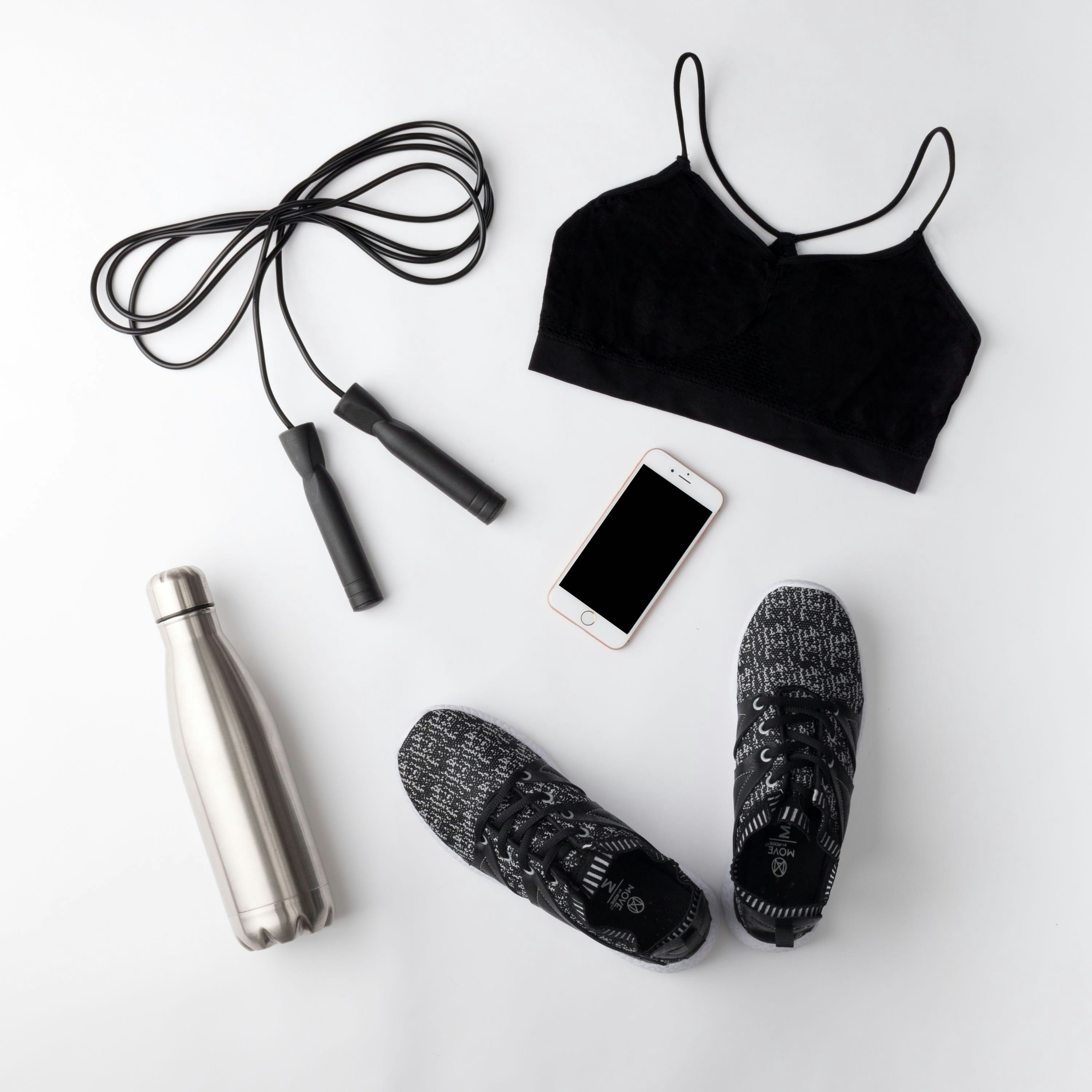
Diet Management in Fitness: How to Eat for Muscle Gain and Fat Loss
鈥淎bs are made in the kitchen, not just the gym.鈥?鈥?Fitness Proverb
Introduction
Training without proper nutrition is like driving a car with no fuel. In fitness, your diet is the foundation of your results 鈥?whether your goal is to gain muscle or lose fat . Yet, many fitness enthusiasts find themselves stuck, seeing minimal changes despite consistent workouts. Why? Because they don鈥檛 know how to eat for their goals .
This article breaks down the science of nutrition for fitness, guiding you on how to tailor your meals to support muscle growth , fat loss , or even both at once.
The Basics of Body Composition
Before diving into meal planning, it鈥檚 important to understand the difference between gaining weight , losing weight , and changing body composition .
- Muscle Gain = Increase in lean mass (requires calorie surplus + strength training)
- Fat Loss = Decrease in body fat percentage (requires calorie deficit + adequate protein)
- Recomposition = Gaining muscle while losing fat (possible for beginners or with careful planning)
馃幆 Your goal is not just about the number on the scale 鈥?it鈥檚 about how your body looks and functions .
Calories: The Core of Nutrition
Your body needs a certain amount of calories (energy) daily, known as TDEE (Total Daily Energy Expenditure). This includes:
- BMR 鈥?Basal Metabolic Rate (energy needed at rest)
- NEAT 鈥?Non-Exercise Activity Thermogenesis
- TEF 鈥?Thermic Effect of Food
- EAT 鈥?Exercise Activity Thermogenesis
Use This Rule of Thumb:
| Goal | Calorie Strategy |
|---|---|
| Gain Muscle | TDEE + 250鈥?00 kcal/day |
| Lose Fat | TDEE - 300鈥?00 kcal/day |
| Recomp | Slight deficit + high protein |
You can calculate your TDEE using online calculators or fitness apps like MyFitnessPal or MacroFactor.
Macronutrients: Your Nutrition Puzzle
Macronutrients 鈥?protein, carbohydrates, and fats 鈥?determine how your calories are used.
1. Protein 鈥?The Building Block
- Essential for muscle repair and growth
- Preserves muscle in a calorie deficit
- High thermic effect (burns more calories to digest)
鉁? Recommended Intake :
- Muscle Gain : 1.6鈥?.2g per kg bodyweight
- Fat Loss : 2.0鈥?.4g per kg bodyweight
Example: A 70kg person aiming to gain muscle needs ~112鈥?54g of protein/day.
Top Sources :
- Chicken breast, eggs, lean beef, fish, Greek yogurt, tofu, whey protein
2. Carbohydrates 鈥?The Primary Energy Source
- Fuels intense workouts
- Replenishes glycogen (muscle energy storage)
- Supports recovery and performance
鉁? Recommended Intake :
- Muscle Gain: 4鈥?g/kg bodyweight
- Fat Loss: 2鈥?g/kg, depending on energy needs
Top Sources :
- Rice, oats, potatoes, fruits, quinoa, whole grains
3. Fats 鈥?Hormonal and Nutrient Support
- Critical for hormone production (like testosterone)
- Aids in vitamin absorption (A, D, E, K)
- Provides long-term energy
鉁? Recommended Intake :
20鈥?0% of your total daily calories
Top Sources :
- Avocados, nuts, seeds, olive oil, fatty fish
How to Structure Your Meals
鉁?Muscle Gain Sample Meal Plan
| Meal | Contents |
|---|---|
| Breakfast | 4 eggs + oats + banana + almond butter |
| Lunch | Grilled chicken + rice + steamed vegetables + olive oil drizzle |
| Snack | Greek yogurt + berries + honey |
| Dinner | Salmon + sweet potato + mixed greens |
| Post-Workout | Whey protein shake + rice cakes |
馃搱 Add 250鈥?00 kcal/day gradually and track progress. Avoid "dirty bulking" (excess fat gain).
鉁?Fat Loss Sample Meal Plan
| Meal | Contents |
|---|---|
| Breakfast | Egg whites + spinach + whole grain toast |
| Lunch | Grilled turkey breast + quinoa + broccoli |
| Snack | Cottage cheese + sliced cucumber |
| Dinner | Baked cod + green beans + olive oil |
| Post-Workout | Protein shake (low-carb) |
馃搲 Prioritize satiety with high-protein, high-fiber meals.
Nutrient Timing: Does It Matter?
While total daily intake is most important, nutrient timing can boost performance and recovery:
| Time | What to Eat | Why It Matters |
|---|---|---|
| Pre-Workout | Protein + complex carbs (e.g., oats + whey) | Energy and amino acids during training |
| Post-Workout | Fast-digesting protein + carbs | Replenish glycogen and stimulate MPS |
| Before Bed | Casein protein (e.g., cottage cheese) | Supports overnight muscle repair |
鈴憋笍 Anabolic window may be larger than previously thought 鈥?up to 2 hours post-workout.
Supplements: Helpful but Not Essential
鉁?Useful for Both Goals:
- Whey Protein 鈥?Convenient protein source
- Creatine Monohydrate 鈥?Increases strength and muscle volume
- Caffeine 鈥?Enhances performance and fat oxidation
- Omega-3 鈥?Reduces inflammation and supports recovery
鉂?Fat burners and detox teas offer minimal real benefit.
Common Myths and Mistakes
鉂?鈥淐arbs make you fat鈥?/h3>
Truth: Excess calories make you fat, not carbs specifically.
鉂?鈥淵ou have to eat every 2鈥? hours鈥?/h3>
Truth: Meal frequency is less important than total intake.
鉂?鈥淔ats should be avoided when cutting鈥?/h3>
Truth: Healthy fats are essential, even in a deficit.
Recomposition: Can You Lose Fat and Gain Muscle?
Yes, especially for:
- Beginners
- Detrained individuals
- Those with high body fat
Strategies:
- Eat at maintenance or slight deficit
- Prioritize protein (2.2g/kg)
- Focus on progressive strength training
- Sleep 7鈥? hours
馃挕 Patience and consistency are key. Recomp is slower but effective.
Final Tips for Sustainable Results
- 馃 Track your food for awareness, not obsession
- 馃搳 Use progress photos, measurements, and strength logs 鈥?not just the scale
- 鈴?Adjust macros as your body changes
- 馃嵔锔?Include your favorite foods in moderation to avoid burnout
Conclusion
Whether you're chasing more muscle, less fat, or a leaner physique, what you eat matters as much as how you train . Smart nutrition isn't about restriction 鈥?it's about strategy, balance, and long-term consistency.
鈥淵our body is a reflection of your habits, not your genetics.鈥?/p>
Understand your goals, fuel your body, and let nutrition become your greatest fitness ally.
References
- Helms, E. R., Aragon, A. A., & Fitschen, P. J. (2014). Evidence-based recommendations for natural bodybuilding contest preparation: nutrition and supplementation . Journal of the International Society of Sports Nutrition, 11(1), 20.
- Schoenfeld, B. J., & Aragon, A. A. (2018). How much protein can the body use in a single meal for muscle-building? Implications for daily protein distribution. J Int Soc Sports Nutr, 15(1), 10.
- Thomas, D. T., Erdman, K. A., & Burke, L. M. (2016). Position of the Academy of Nutrition and Dietetics: Nutrition and Athletic Performance . J Acad Nutr Diet, 116(3), 501鈥?28.

